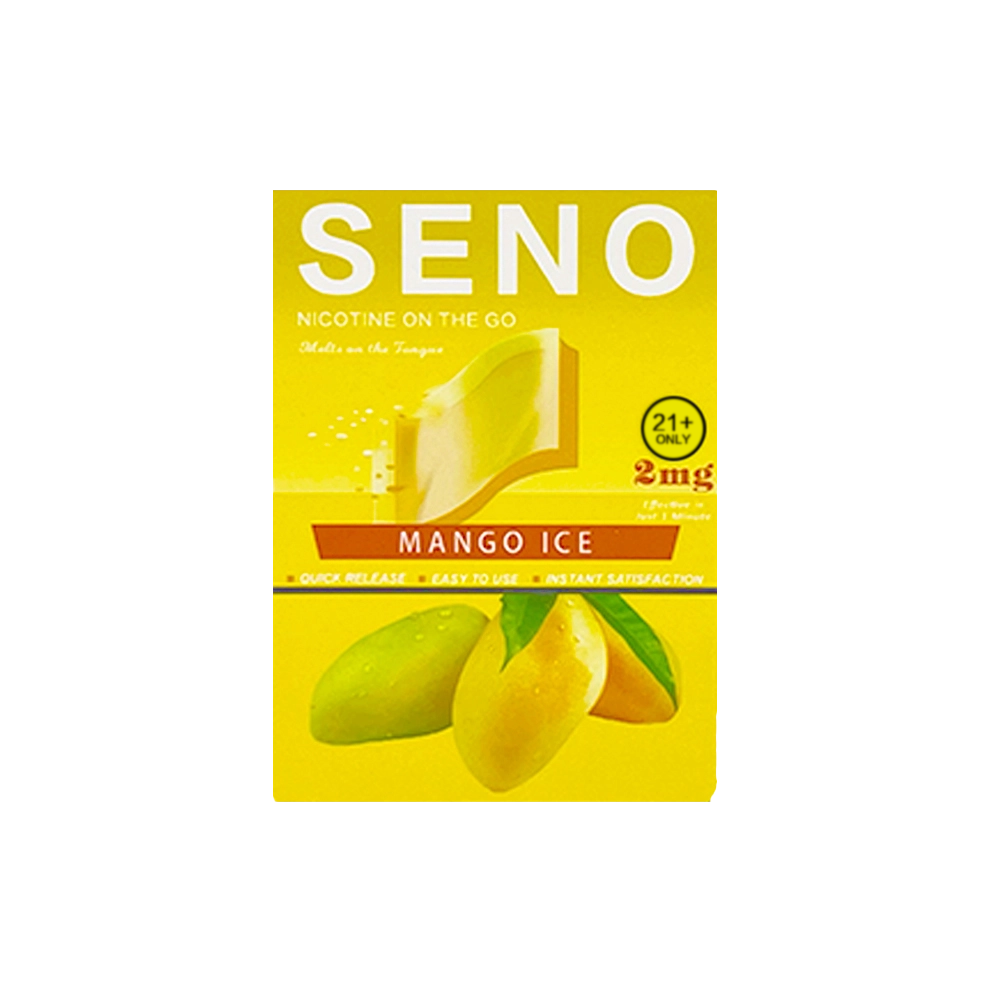Maintaining a healthy diet is crucial for overall well-being. While there are numerous nutritious foods to include in your daily meals, it's equally important to be aware of the foods that can have a negative impact on your health. In this article, we will explore ten foods that you should avoid for optimal health. By understanding the potential risks associated with these foods, you can make informed choices and prioritize your well-being.
- Processed Meats:
Processed meats such as sausages, hot dogs, and deli meats are often high in sodium, unhealthy fats, and preservatives. Regular consumption of these meats has been linked to an increased risk of heart disease, certain cancers, and other health issues. Instead, opt for lean, unprocessed meats or plant-based protein sources. - Sugary Beverages:
Sugar-sweetened beverages like soda, energy drinks, and fruit juices can contribute to weight gain, tooth decay, and an increased risk of chronic conditions such as type 2 diabetes. Choose water, herbal tea, or freshly squeezed juices as healthier alternatives. - Trans Fats:
Trans fats are artificially created fats found in many processed and fried foods, including fast food, packaged snacks, and baked goods. These fats raise bad cholesterol levels and increase the risk of heart disease. Read food labels carefully and avoid products that contain partially hydrogenated oils. - Artificial Sweeteners:
While artificial sweeteners may seem like a healthier alternative to sugar, research suggests that they can disrupt the body's natural metabolism and lead to weight gain. Limit your consumption of diet sodas, sugar-free candies, and other artificially sweetened products. - Highly Processed Snacks:
Snack foods like chips, crackers, and cookies often contain high levels of refined grains, unhealthy fats, and added sugars. These empty calories can contribute to weight gain and nutrient deficiencies. Instead, choose whole foods like fruits, nuts, or homemade snacks made from natural ingredients. - High-Fructose Corn Syrup:
High-fructose corn syrup (HFCS) is a sweetener commonly found in processed foods, including soft drinks, condiments, and baked goods. Excessive consumption of HFCS has been linked to obesity, insulin resistance, and an increased risk of metabolic disorders. Opt for products without HFCS or choose natural sweeteners like honey or maple syrup in moderation. - Artificial Food Additives:
Certain food additives, such as artificial colors, flavors, and preservatives, have been associated with allergic reactions, behavioral issues in children, and other health concerns. Read ingredient labels and try to choose foods with minimal or no artificial additives. - Refined Grains:
Refined grains, including white bread, white rice, and pasta, have been stripped of their fiber and nutrients during processing. These foods can cause blood sugar spikes, contribute to weight gain, and increase the risk of chronic diseases. Choose whole grains like quinoa, brown rice, and whole wheat bread for better nutritional value. - Fast Food:
Fast food is often high in unhealthy fats, sodium, and calories while lacking essential nutrients. Regular consumption of fast food has been linked to obesity, heart disease, and other health problems. Prioritize home-cooked meals using fresh ingredients to ensure a balanced diet. - Excessive Alcohol:
While moderate alcohol consumption may have some health benefits, excessive drinking can lead to liver damage, addiction, and an increased risk of various diseases. It's important to consume alcohol in moderation and be aware of the potential risks associated with excessive intake.
Conclusion:
By avoiding these ten foods and making healthier choices, you can significantly improve your overall health and well-being. Remember to prioritize whole, unprocessed foods, read food labels, and make informed decisions about what you consume. Your body will thank you for the positive changes you make in your diet.


